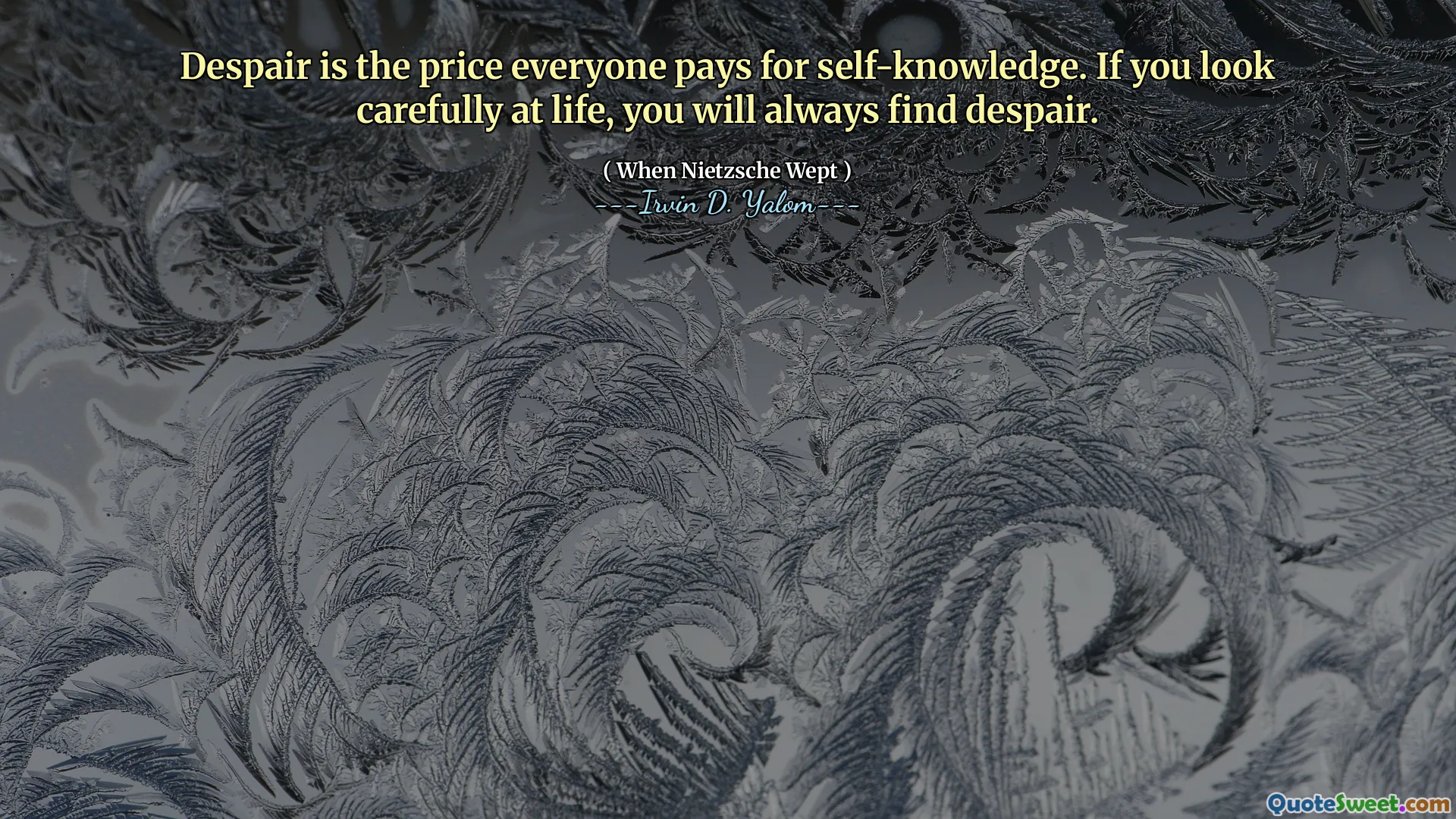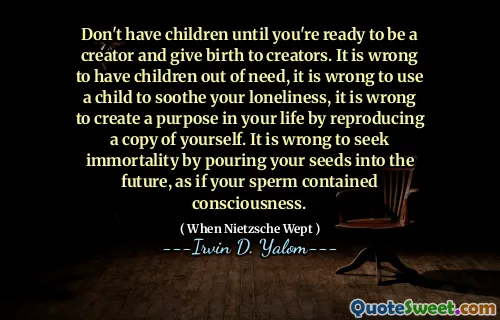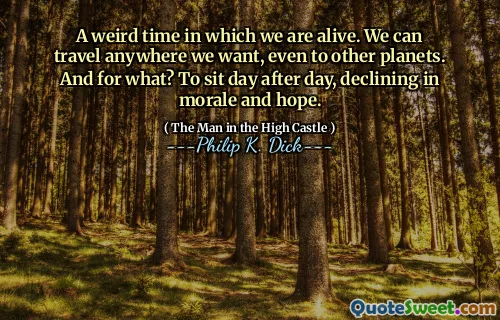
Despair is the price everyone pays for self-knowledge. If you look carefully at life, you will always find despair.
The quote delves into the intimate relationship between understanding oneself and experiencing hardship. It suggests that the journey toward self-awareness often comes with a cost—namely, the confrontation with despair. When we actively seek to understand who we truly are, we peel back layers of falsehoods, societal expectations, and ego defenses. This process, although profoundly enriching, also exposes our vulnerabilities, fears, and the often harsh realities of our existence. Such realizations can be painful; they may reveal our limitations, regrets, and the inevitable struggles embedded in the human condition.
This concept resonates with the idea that self-discovery is not merely a pursuit of happiness or external success but a deep excavation of our inner landscape. In doing so, despair becomes an unavoidable companion—manifested as moments of doubt, existential crisis, or confronting our mortality. Yet, it's crucial to recognize that this despair is not an end but a vital part of growth. It acts as a catalyst for authentic living, pushing us to find meaning within our struggles rather than avoid them.
The irony is that true self-knowledge can be both liberating and burdensome. It strips away the illusions we cling to and forces us to face the raw truths about ourselves and life. However, embracing this despair allows for genuine transformation, fostering resilience and a more profound appreciation for the moments of joy and clarity that follow. Ultimately, the quote reminds us that pain and enlightenment are intertwined in the quest for authentic self-understanding.
(When Nietzsche Wept) - Irvin D. Yalom



